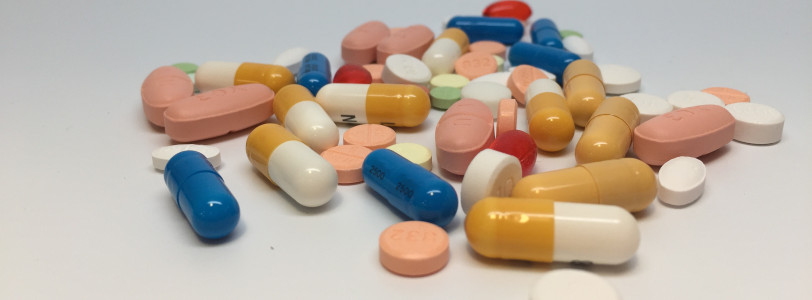GPs need to make a change regarding their attitude to prescribing medication, according to ministers, after a review revealed that 1 in 10 prescriptions dispensed by GPs and pharmacists are for drugs that are either pointless or harmful to the patient.
The review was ordered in 2018 and has highlighted the “serious problem” with over-prescription. These conclusions follow a 2019 report that discovered that a quarter of English adults are receiving prescriptions for potentially addictive medication. Social prescribing, such as gardening, volunteering, or walking is being touted as an alternative to the over-prescription of drugs that has become so commonplace.
Around 110 million prescriptions each year that are given to patients could be harming them or could simply be ineffectual. Millions of patients could also expect to be called in for medication reviews to ensure that they are not currently being prescribed unnecessary or dangerous medicine. The report found that repeat prescriptions make up about three quarters of prescribed drugs, and often go unreviewed for long periods which can increase the risk of patients receiving an excess of prescriptions.
15% of people in England are using 5 or more medications each day and 7% are using 8 or more, which the review states could increase the risk of damaging side effects. The more drugs a patient is prescribed, the higher chance there is of negative effects developing. Drugs to treat raised blood pressure, among others, can also increase the risk of falling within the older population. Around 1 in 5 hospital admissions in over-65s, and 6.5% of all hospital admissions, are the result of negative side effects from prescription drugs.
The review was led by NHS England’s chief pharmaceutical officer, Dr Keith Ridge and estimates that spending on medication within the NHS has sharply increased from £13 billion in 2010/11 to £18.2 billion in 2017/18. In response to the report, the government is set to appoint a national clinical director for prescribing to combat the complacency that has been allowed to occur regarding prescriptions within medical practices.
Dr Ridge has concluded, “Medicines do people a lot of good and the practical measures set out in this report will help clinicians ensure people are getting the right type and amount of medication, which is better for patients and also benefits taxpayers, by preventing unnecessary spending on prescriptions”.









0 Comments